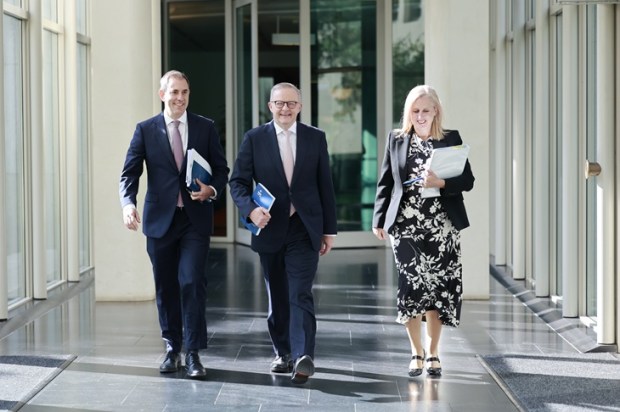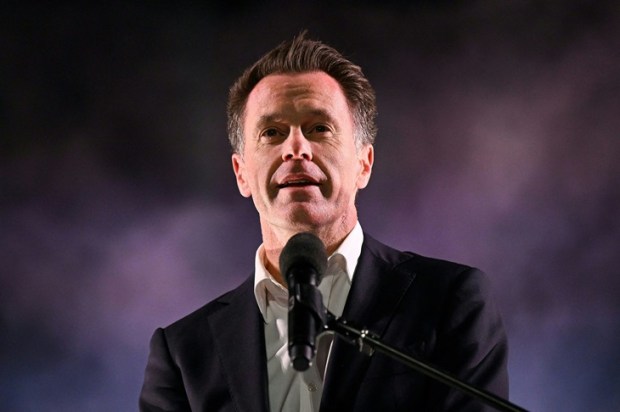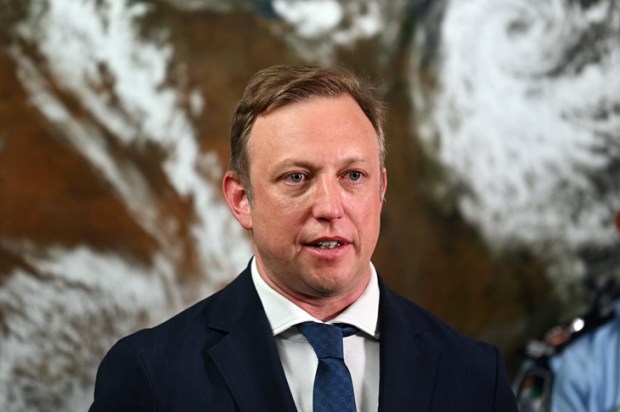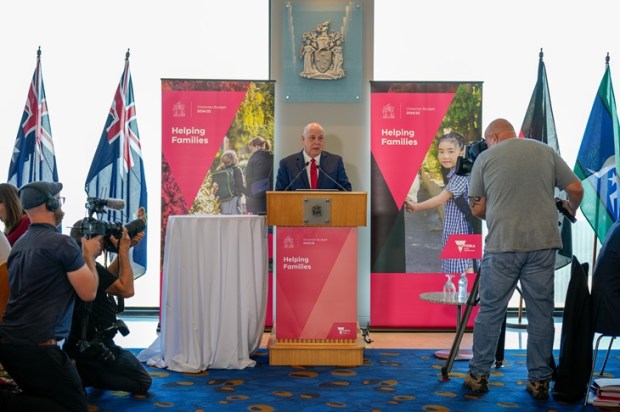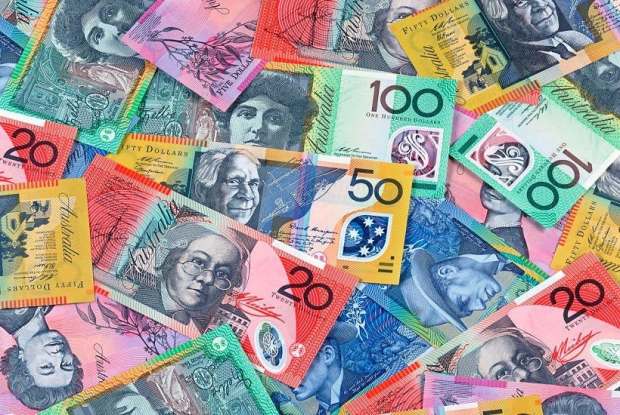The Australian Federal Budget gave us a couple of big headlines, but most of them were fake news.
The Treasurer talked up the importance of the stage 3 tax cuts coming in July this year, but those tax cuts are old news – originally proposed over five years ago and amended earlier this year. These tax cuts are a good first step, but Australia desperately needs further rounds of income tax cuts, and the government had nothing new to say.
The second big headline was the budget surplus, but that surplus is for the last financial year. It is good that the previous budget was in surplus, and people can learn about that on the History Channel, but the 2024-25 budget year has a deficit of over $28 billion.
Many commentators have noted that this deficit is irresponsible, and they are right. Less widely noticed is that the government could have achieved a surplus quite easily by simply pausing new spending for two years. The current government has introduced $31 billion of new 2024-25 spending since they came to power, which exceeds the size of the deficit.
The third supposed headline from this budget is that the government is putting downward pressure on prices, in the hope of nudging the Reserve Bank into cutting interest rates. Nobody thinks this will work. The Reserve Bank will not be tricked by the one-off $300 electricity handout, and the government knows they won’t be tricked, so the policy can only be explained by cynical electioneering.
The Treasury papers also dedicate a whole chapter to housing policy, but there is nothing new in terms of meaningful policy. The government re-announces many of their old policies, makes minor changes to a few existing programs, and then gives themselves more money to study the problem.
Finally, the government has talked up their corporatist agenda of merging big government with big industry. This is the one piece of budget information that actually is news, but it’s not good news. The government is planning on spending billions of taxpayers’ dollars in corporate welfare as part of their misguided climate agenda.
This has been described as ‘picking winners’, which would be bad enough, but their proposal is even worse in that they are not even trying to pick the most productive industries. Instead, they are subsidising industries that fit their political agenda, and hoping that money can convert ideological daydreams into economic reality.
The short version of this budget is:
- On macroeconomics, there is a large and unnecessary budget deficit that is disappointing and counter-productive, but perhaps not surprising.
- On microeconomics, there is no hint of new productivity reform, and a sad continuation of our slide towards corporatism.
Unpacking the budget papers highlights a few ongoing themes of Australian economic management.
- Both tax and government spending continue their long trend upwards, even once adjusted for inflation and population growth (graphs below).
- The government balance sheet continues is slow deterioration, made worse by the worrying amount of activity that now occurs ‘off budget’ through changes in government financial assets, and the growing possibility that some state governments will need a federal bailout soon.
- The government retains its unhealthy addiction to income tax revenue, which is growing much faster than the economy due to bracket creep. Australia desperately needs another round of income tax cuts.
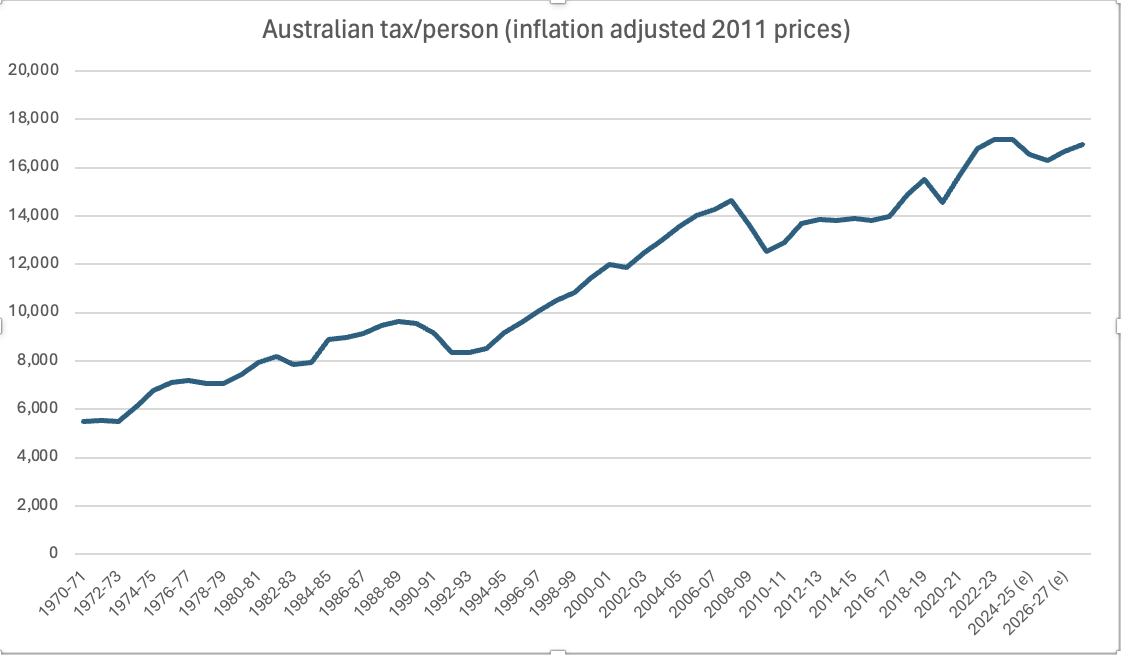
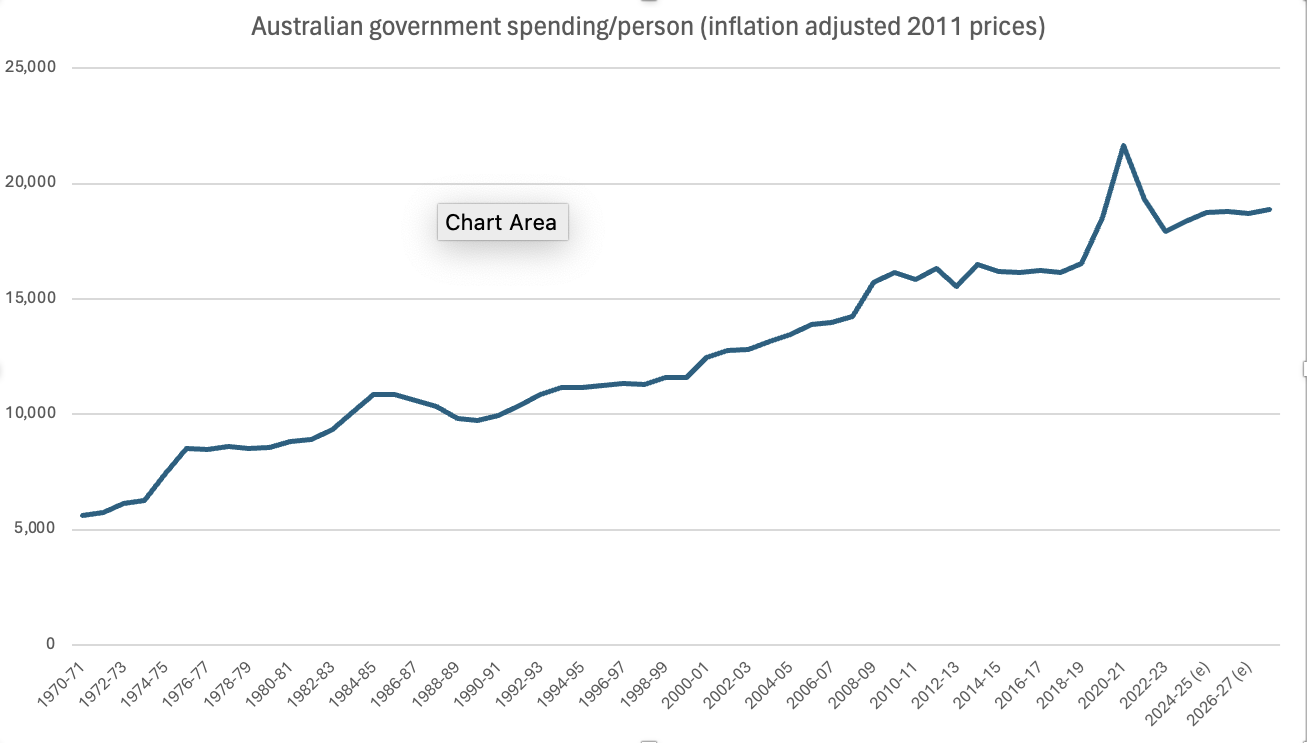
The one good policy from this budget was the extension of the $20,000 instant asset write-off for small business for one year. Though even this policy is underwhelming. The write-off should cover larger investments, should apply to medium-sized businesses, and it should be permanent.
During his budget speech, Jim Chalmers said:
‘In our future we need to strive for something more than muddling through or making do.’
There is a lot of unintentional truth to this statement. We desperately do need more from our government, especially in terms of productivity reform such as income tax cuts, cheaper energy, spending restraint, and less regulation on small business. That was entirely missing from this budget, which could indeed be described as ‘muddling through and making do’ from a government that is out of ideas.
Dr John Humphreys is the Chief Economist for the Australian Taxpayers’ Alliance, and was a former Treasury official working in the Budget Policy Division.


